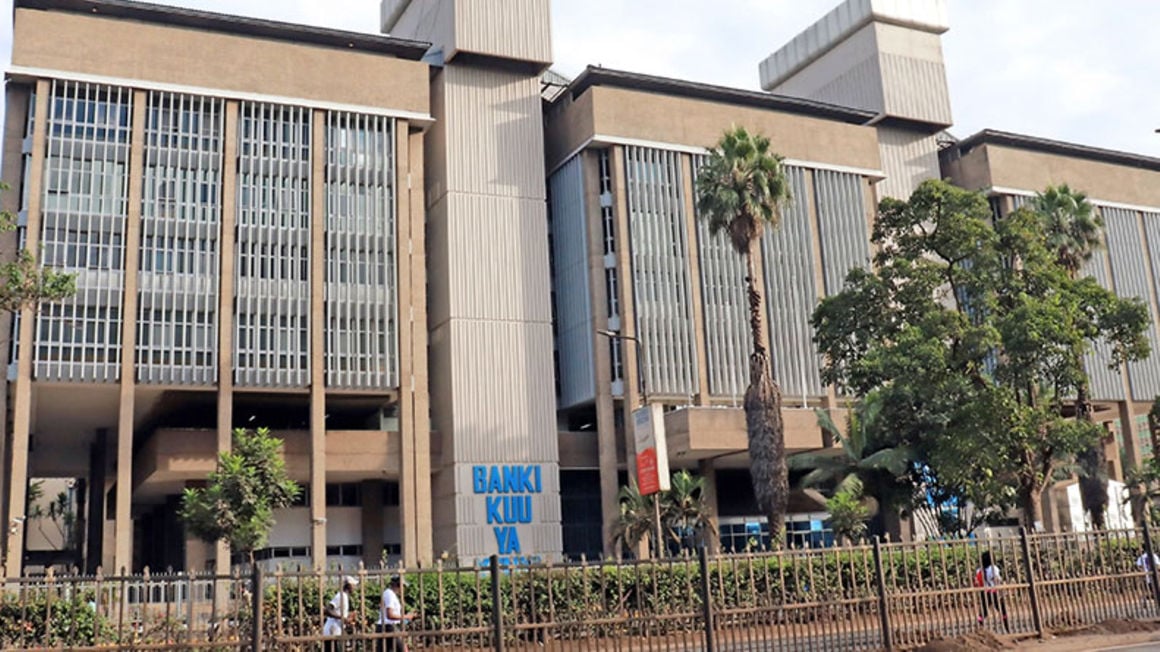

Dollar inflows from African countries into Kenya dropped 65.9 percent in the first three months this year, with Tanzania overtaking South Africa as the biggest source of remittances.
New data by the Central Bank of Kenya (CBK) shows that Kenyans living across the continent sent home $39 million (Sh4.2 billion) between January and March compared to $114.7 million (Sh12.3 billion) in a similar period of 2020.
The sharp decline in flows was driven by lower remittances from South Africa, which was the biggest source last year but has since slipped behind Tanzania and Uganda.
Dollar flows from the continent contrasted with the rest of the world led by the US, which saw a 17 per cent increase in total remittances from $707.1 million (Sh76.3 billion) in the first quarter of last year to $829.4 million (Sh89.5 billion) this year.
“The US remains the largest source of these inflows, accounting for 55.9 percent of remittances in March 2021. The other top source countries were: UK (11.2 percent), Saudi Arabia (4.0 percent), Canada (2.9 percent), and Australia (2.9 percent),” the CBK said in a press statement.
The negative impact of the coronavirus has been felt much more among developing countries compared to the developed nations where citizens and businesses have enjoyed bailouts and social support worth trillions of shillings after workers were either laid off or forced to stay indoors to contain Covid-19.
In Africa, most governments lacked adequate spending power amid falling tax revenues and huge debt payments, which left residents hit by the pandemic without any support.
As a result of job cuts, pay cuts and lockdown measures those living in other African countries were unable to send money home.
Many also opted to return home rather than get stranded abroad. Most countries, including Kenya, banned international flights, excluding cargo and repatriation of foreign nationals.
Dollar flows from the rest of the world have continued to grow despite initial fears that job losses would lead to a sharp decline in money sent from abroad.
At the onset of the pandemic, CBK Governor Patrick Njoroge said the US, one of the leading sources of the greenback, had seen 26 million people lose jobs in March last year when some lockdown measures were imposed and that the impact of the job cuts would start filtering into the country in April.
“We are projecting a decline in remittances for the year, something in the order of 15 percent,” he said.
However, massive support by rich countries helped reduce the impact of the job cuts and helped Kenyans in the diaspora send even more money to associates and loved ones back home.
Kenyans living abroad have become one of the country’s top foreign exchange earners, bringing in more dollars than traditional exports.
The diaspora sent home a total of $3.09 billion (Sh333.7 billion) in the whole of last year, which was more than the value of all the flower, fruit and vegetable exports that stood at Sh150.1 billion.
Analysis shows that the value of remittances is half of all exports combined as Kenya sold goods worth Sh641.2 billion outside its borders.
Diaspora remittances have been on an increase, helping support the Kenyan shilling against pressures of dollar demand from importers and debt payments.
Diaspora dollars have become so important that the CBK has rolled out a survey on the costs and efficiency of sending remittances, the difficulties encountered in sending cash or non-cash remittances, how remittances are used by the recipients, and the availability of information on investment opportunities in Kenya.
“The importance of remittances has revealed a need for more information that would support policy decisions. This information will help guide policies intended to boost the role of remittances in supporting the economy and livelihoods,” Dr Njoroge said.
|